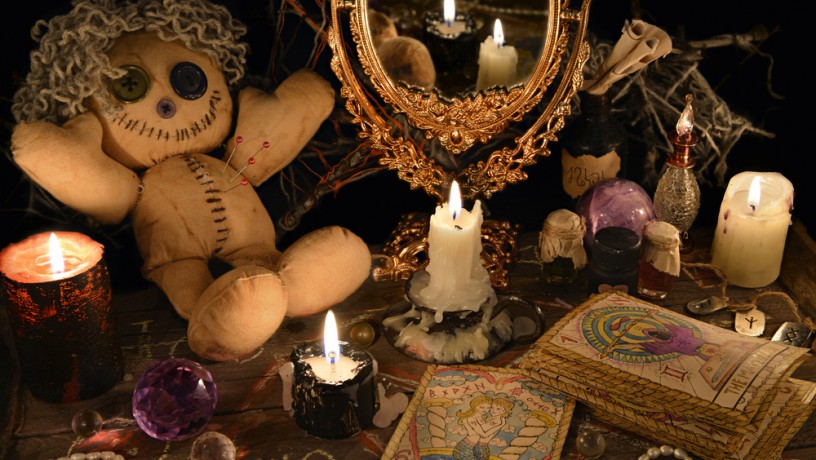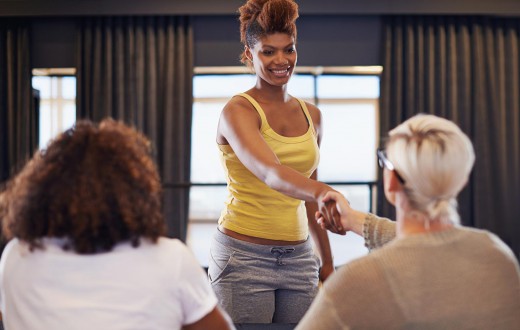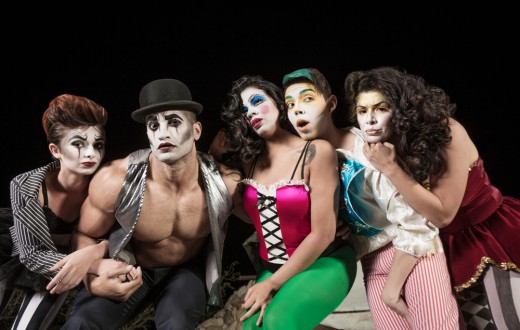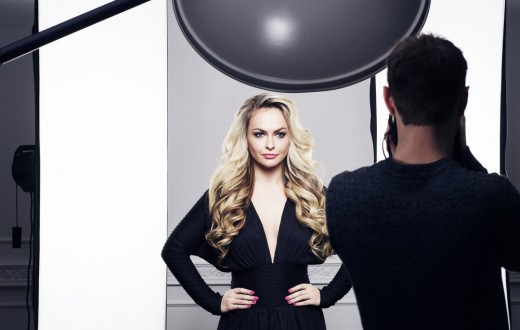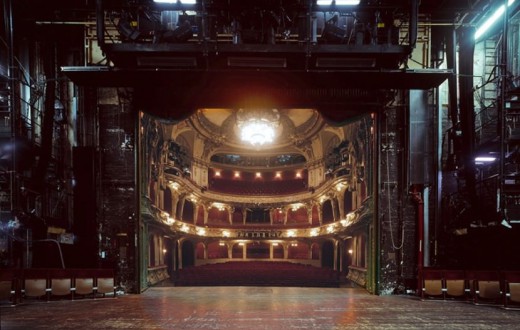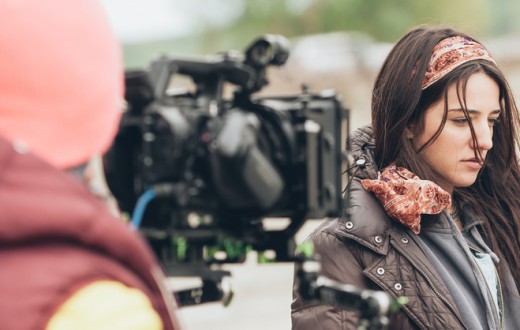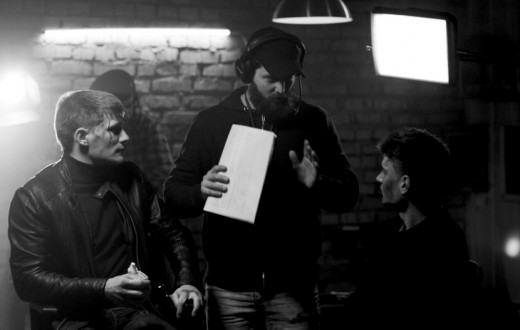The more you’re around this strange business of acting, the more you learn that far from being a unfathomable, inexplicable activity–a sort of alchemical event that takes place behind a curtain–there are actually nuts and bolts techniques to help us become better storytellers.
That said, however, there is still an element of mystery to acting, an element of ritual and magic that is vital to any good performance. And magic, being magic, is of course by definition inexplicable. But although we can’t necessarily define how we create magic for fear of ruining it, we can talk about how to create the right atmosphere to encourage the Muse to visit us and smile on our performances. And there’s no reason not to adapt some of these ideas when you’re preparing for an audition, which is, after all, a short performance.
As alchemists who are charged with generating magic on command, actors are by and large a superstitious lot. We all of course know not to say the name of The Scottish Play inside a theater for fear of bringing ruin down upon us. But beyond superstition there is value in having a systemic, ritualistic set of things you do before any habitual activity. Here are some rituals we can do for ourselves in order to put our heads and hearts in the right place prior to performing.
1. Every breath you take
Of course every actor is different, and your pre-show ritual may very well look entirely different from my own. But one thing that is universal to all of us is the necessity of breathing. And even before you hit the stage or step in front of the camera, deep breathing exercises are great for relaxing and grounding us. Find a quiet place shortly before going on and take a minute or two to close your eyes and breathe all the way down to the bottom of your lungs. Think only about the act of breathing, nothing more. This can be a wonderfully centering and meditative exercise on its own. But another technique for using breath to relax that helps to rid the body of tension and get you out of your head is to do a bit of exercise shortly before performing. Rocker Neil Young, even at 72 years old, swears by doing 20 or 30 pushups or sit-ups before going on stage. This is a great way to get your breath going deeper, pushing out any tension you may be holding in your diaphragm and core. While you’re at it, do some stretching and shake out your limbs to help get yourself loose, out of your head, and ready to be present on stage.
2. Soundtrack to your life
Music and sounds have a tremendous and little-understood impact on people’s moods, and actors are no exception. I’m in the habit of selecting a specific song during the rehearsal process that helps me get into the head of the character. As you listen to your chosen tune while you learn your lines, your mind will make connections between the work and the music that can help you go deeper into the character. And by creating this link, when you hear the music later on as you’re getting ready to perform, there is an almost Pavlovian effect that puts you in the frame of mind of the character. Some actors go so far as to have a complete playlist, which is great too, as you can listen to it while waiting for your call. But having at least one song that you associate with your character and his or her mindset is invaluable for putting yourself in the head space you need to be in to perform. A couple of examples: when I played violent and abusive white trash ex-con Jerry Goss in Tracy Letts’ harrowing play “Bug,” I would listen to Rob Zombie’s wonderfully trashy and aggressive “Dragula” just before my first entrance to get the old ticker pumping. To play Roy Cohn in “Angels in America” the tune of choice was of course “Sympathy for the Devil,” lol.
3. Practice gratitude
We really do have a great job, we actors, and it’s undeniable that we should count ourselves lucky to have the gifts we have, as well as the opportunity to share them. Taking a moment to create a mindset of gratitude helps to clear the mind of worry and tension. Shortly before every performance I like to recite a little mantra that I heavily borrowed from the ideas in Steven Pressfield’s excellent book “The War of Art.” I say, “I thank you for these gifts, gods of the theater, and I realize I only have them on loan. What I do comes to me from thousands of years of acting that has gone before me, and all those who have taught me, and I thank everyone who is and has ever been a part of this and a part of my life. I realize too that this performance is not about me. It is not about the words I say or what I do. It is about connecting my heart to the hearts of other people with whom I share this stage, and connecting all of us to the hearts of the people here to see us tonight. Please help me to open myself up and make this connection as best I can.” It may sound silly or hippie-dippie to some, but the mindset of gratitude really helps to take your focus off of yourself–which is where doubt and self-consciousness live, of course, in our self-focused thoughts. Just stating aloud that this thing is about something larger than yourself and that you are just a piece in a grand puzzle that spans millennia is a tremendously grounding, humbling exercise that can really help you focus on the work and let go of fears of failure.
4. Connect with your fellow performers
While group warm-ups are a little community-theaterish and anyway often out of the question when you’re working on a film or with Equity call times, it’s still useful to take the time to connect somehow with your fellow performers before taking the stage or stepping in front of the camera. Humans are emotional creatures and actors are tasked with connecting on an even more profound level with their emotions and those of their fellow actors. Even if it’s just a quick fist bump or a hug and a “See you out there” five minutes before curtain, making a connection of some sort helps us to open up and engage with our fellow actors. Emotional connections on stage stem from the genuine bonds we create off-stage–that’s what we call chemistry. So it’s a good idea to make sure those bonds remain strong.
The bottom line for creating a ritual is that it is yours, something that enhances your performance. And as it becomes habitual you will find that you can’t believe you ever performed without it!

